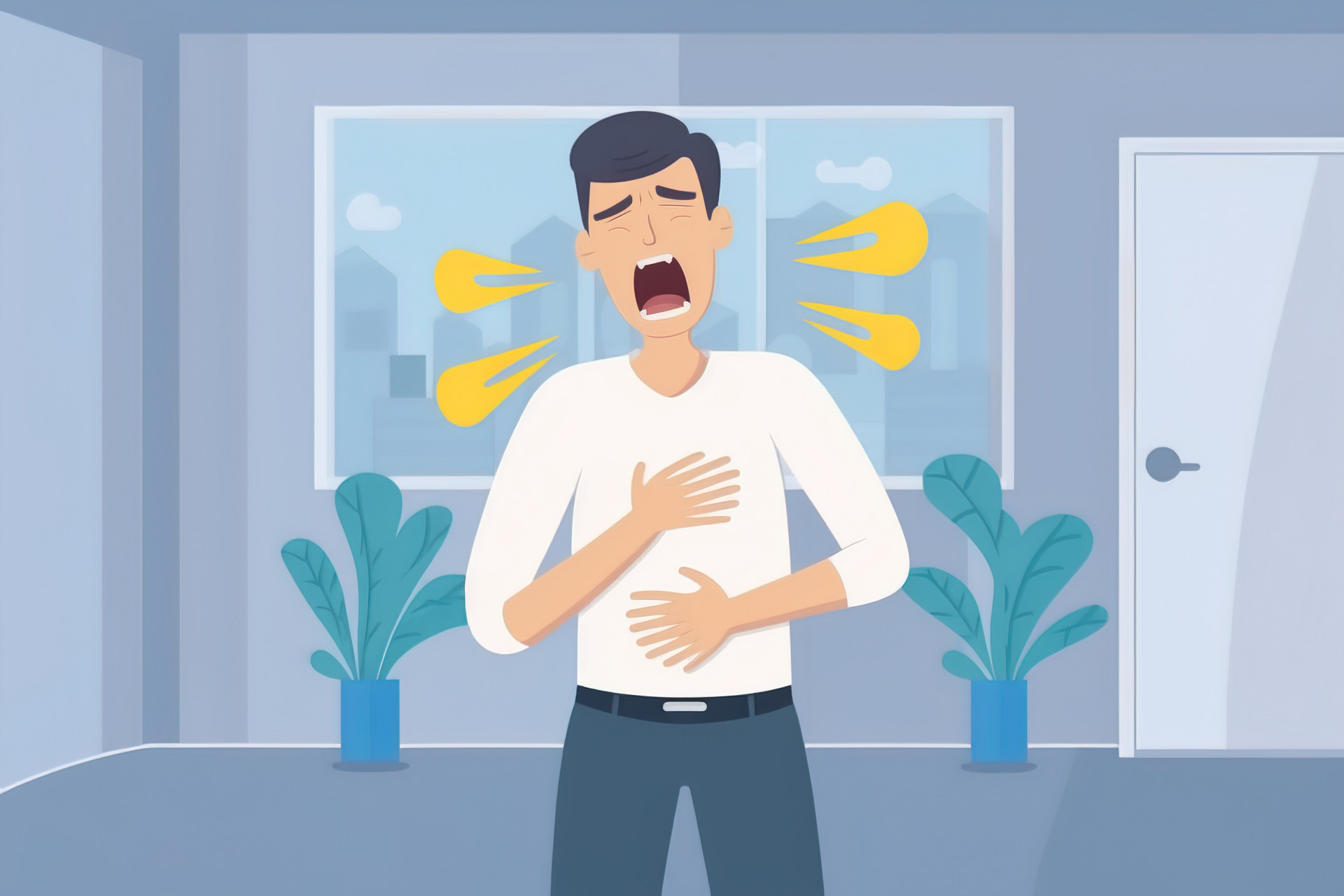The May Day holiday is approaching, and when friends and family gather, they often have a drink. Some people's faces turn red after just one sip of alcohol. Some people think this is because they can't handle alcohol well and need to drink more cautiously, while others believe that people with flushed faces have a high alcohol tolerance and good metabolism, so they can drink more without any problem.
In fact, the redness of the face after drinking is caused by temporary dilation of the blood vessels under the skin. These people have efficient alcohol dehydrogenase in their bodies, which can quickly convert alcohol in the blood into acetaldehyde. Acetaldehyde has the function of dilating capillaries, causing redness of the face and even flushing of the skin, also known as "getting flushed."
In addition to alcohol dehydrogenase, there is another substance in the body called acetaldehyde dehydrogenase. People who get flushed after drinking only have the first enzyme and not the second one, which leads to the accumulation of acetaldehyde in the body and a prolonged redness of the face. Compared with people who don't show any change in their face after drinking, acetaldehyde stays in their bodies for a longer time and has a greater toxic effect. This is because the cytochrome in the liver slowly converts acetaldehyde into acetic acid, which is metabolized in the circulatory system.
People who get flushed after drinking should try to drink less alcohol. Once they notice their face turning red, they can drink some honey water. Honey contains a special type of fructose that can promote the decomposition and absorption of alcohol, alleviate headache symptoms, supplement vitamin C and B complex, or eat some sweets and protein-rich foods to increase blood sugar levels and mitigate the damage of alcohol to the body. Drinking fruit juice or sugar water after drinking can protect the liver, and drinking hot soup, especially ginger stewed fish soup, can be more effective in relieving the effects of alcohol. Sweet and sour dishes also have a good sobering effect because vinegar and alcohol can form acetic acid esters in the body, which helps sober up. Drinking milk can also slow down the absorption of alcohol in the stomach and protect the gastric mucosa from alcohol damage.








